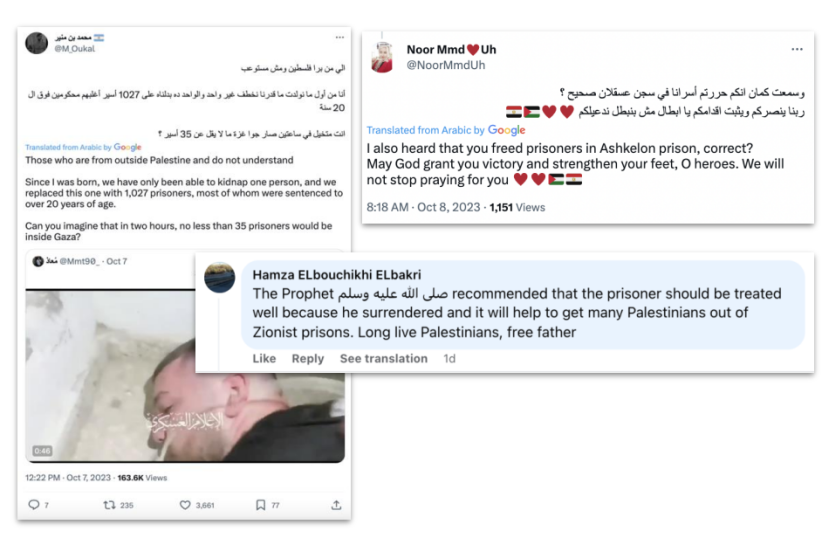A group of dedicated volunteers from the Israeli hi-tech community has launched Stand4Israel.net, an advocacy platform that aims to provide real-time, accurate information about the events of October 7, and the ongoing conflict with Hamas while countering the spread of fake news.
The initiative has been established to combat the influx of misleading information circulating on the internet. It is a digital repository of stories related to the conflict, featuring accounts of the fallen, abducted individuals and their families, survivors, and interviews from various media outlets.

The platform is available in 11 languages, including English, Arabic, Russian, Chinese, Spanish, French, German, Portuguese, Italian, Swedish, and Dutch. The creators have expressed their commitment to expanding further, not only in terms of languages but also in the variety of content they offer.
Stand4Israel is a group of employees at Kaltura, a technology company. These individuals have decided to leverage their technological resources for the benefit of the Israeli information campaign. Collaborating with friends and partners, they have worked tirelessly to consolidate information in a multitude of languages and topics.
Liyad Ascher, one of the initiators of the platform, explained, "From the day of the attack, fake news content began to flood the networks. The only way to combat this is by promoting the truth. We decided to channel the urge of each of us to contribute and help the explanatory direction in the world and to create a platform of up-to-date information that will be available to everyone. Israel's ability to tell the true story will have a critical impact later in the war and we are contributing our part to that."
There’s plenty of misinformation out there
The fight against misinformation is a just cause and one which may well be warranted. According to Israeli social media threat intelligence company Cyabra, 25% of social media accounts discussing the ongoing conflict with Hamas are bots attempting to proliferate misinformation.
The narratives pushed by these bots include justifying Hamas' kidnappings, portraying Hamas as civil and humane, and rationalizing their actions based on prior events. This situation highlights the need for vigilance and critical thinking when consuming information on social media, particularly during sensitive events.
“Everyone's been quite surprised by the ground invasion on Saturday and the organization that went into it. We can also say that there is a second battle that's taking place in the online sphere, with a huge number of fake accounts and a level of coordination that goes beyond that of a terrorist group,” said Rafi Mendelsohn, Cyabra’s VP Marketing. “It’s more akin to a state level of organization.”
